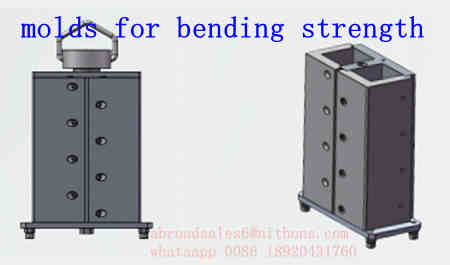Contact Person: Natasha
Mobile/WeChat/WhatsApp: +86 138 2094 6121
E-mail: abroadsales4@nithons.com
Add:Universal Enterprise Park, No.1 Sizhi Rd., Xiqing District, Tianjin, China
Nithons technology, your reliable factory of API compressive strength tester
Nithons Factoy
As a Sino-Japanese joint venture factory, Tianjin Nithons Technology Co., Ltd. was established in 2013, located in Tianjin Hengtong Enterprise Port Industrial Park, with a 2000 square meter production workshop. Nithons factory is a high-tech manufacturer specializing in R&D, manufacturing, sales and after-sales service of a new generation of oil cementing testing instruments and related parts.
Stock& Delivery
Nithons factory always has a small stock of regular instruments for quick delivery after calibration. For out-of-stock items, the lead time is approximately 30-50 days.
Why Nithons API compressive strength Tester?
The oilfield cement slurry compressive strength test is a key part of making sure oilfield cementing work is up to standard. What makes it really important is that it can accurately copy the tough conditions downhole—like the temperature, pressure, and the stuff around it. It checks how strong the cement gets over different periods of time. And with the help of special tools and molds that are super precise, it gives data you can’t get any other way. This data is crucial for improving oilfield cement formulas and fine-tuning the cementing process.
Nithons factory also offers a whole range of standard and custom-made molds for the press. These include 40mm×40mm×160mm bending molds, 50.8mm×50.8mm×50.8mm and 25.4mm×25.4mm×25.4mm compressive test molds, etc., or other custom-sized test molds. The materials include copper test molds, stainless steel test molds, etc.


This combination of "qualified equipment performance + adapted mold specifications" can not only ensure that the cement slurry test blocks fully simulate the downhole curing environment during the curing stage, but also achieve the accuracy of force transmission and the reliability of data recording during the strength testing stage. Thus, it provides direct and authoritative experimental basis for adjusting cement slurry formulations (such as optimizing cement grades and additive proportions) and setting cementing process parameters (such as waiting-on-cement time and construction pressure), helping to improve the safety and long-term effectiveness of cementing engineering.